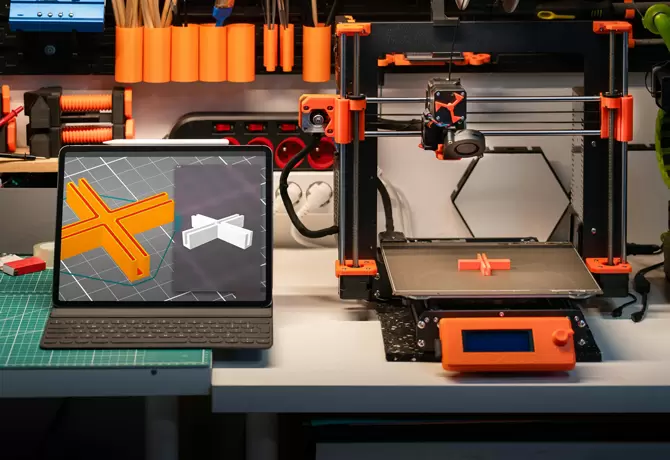
Convenience stores have become an integral part of modern society, offering a wide range of products and services to meet the needs of busy individuals. In this blog post, we will explore the advantages of convenience store businesses, highlighting their unique features and the reasons behind their success. From accessibility and extended operating hours to tailored product offerings and innovative technologies, convenience stores have carved out a niche in the retail industry. Join us as we delve into the multifaceted advantages that make convenience stores a thriving business model.
- Accessibility and Convenience:
Convenience stores are strategically located in easily accessible areas, such as residential neighborhoods, commercial districts, and transportation hubs. Their prime locations enable customers to conveniently access essential items without traveling long distances. This accessibility factor is particularly appealing to time-constrained individuals who value convenience and efficiency in their daily lives. - Extended Operating Hours:
Unlike traditional retail stores with fixed operating hours, convenience stores often operate 24/7 or have extended hours. This flexibility caters to the diverse schedules of customers, including night-shift workers, students, and individuals with irregular routines. By staying open during non-traditional hours, convenience stores provide a valuable service and capture a significant market share that other retailers may miss. - Diverse Product Offerings:
One of the key advantages of convenience stores is their ability to offer a wide array of products under a single roof. From groceries, snacks, and beverages to personal care items, household essentials, and even prepared meals, convenience stores cater to various customer needs. This diverse product range allows customers to conveniently find and purchase multiple items in a single visit, saving them time and effort. - Tailored Product Selection:
Convenience stores excel at curating their product offerings to match the preferences and demands of their target customers. By analyzing local demographics and consumer trends, these stores stock items that are most likely to appeal to their customer base. This tailored approach ensures that customers can find the products they desire, fostering customer loyalty and repeat business. - Quick and Efficient Service:
Speed and efficiency are paramount in the convenience store business. Customers expect swift transactions and minimal waiting times. To meet these expectations, convenience stores often employ streamlined checkout processes, self-service options, and innovative technologies like mobile payment systems. By prioritizing quick and efficient service, convenience stores enhance the overall customer experience and differentiate themselves from competitors. - Embracing Technology:
Successful convenience stores leverage technology to optimize their operations and enhance customer satisfaction. They may implement inventory management systems, automated ordering processes, and digital signage to streamline operations and ensure product availability. Additionally, some convenience stores offer online ordering and delivery services, allowing customers to conveniently shop from the comfort of their homes. By embracing technology, convenience stores stay ahead of the curve and adapt to evolving consumer preferences.
Conclusion:
The convenience store business model offers a multitude of advantages that have propelled its success in the retail industry. From their strategic locations and extended operating hours to diverse product offerings, tailored selections, quick service, and technological integration, convenience stores have become an indispensable part of modern life. By continuously adapting to customer needs and embracing innovation, convenience stores maintain their competitive edge and provide a convenient shopping experience for consumers worldwide.

